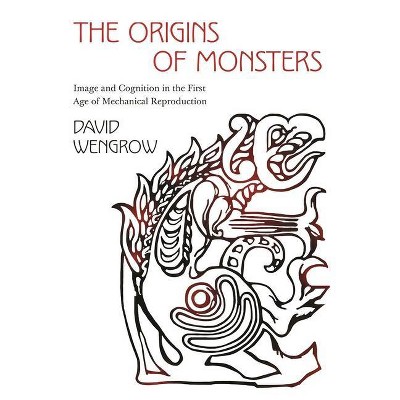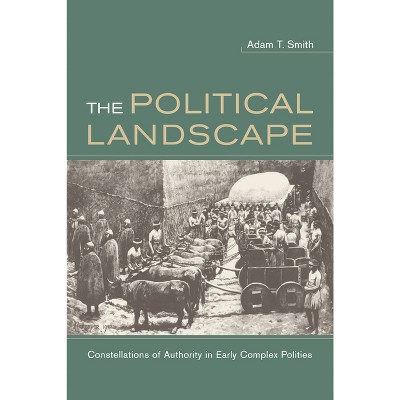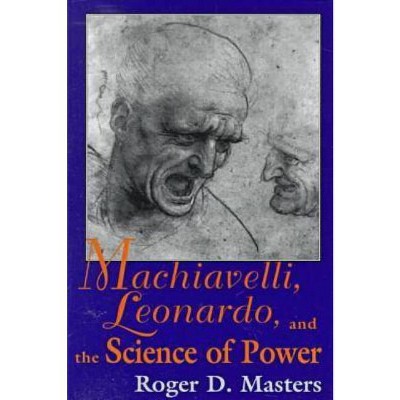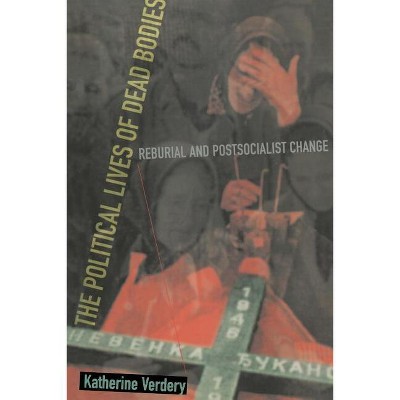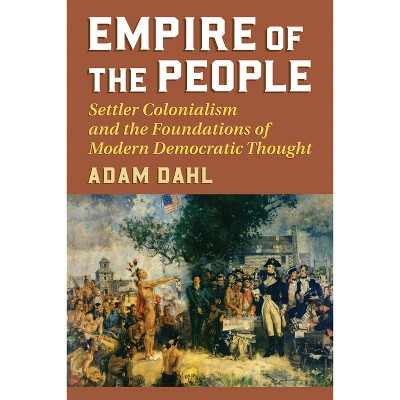Sponsored

The Political Machine - (Rostovtzeff Lectures) by Adam T Smith (Paperback)
In Stock
Sponsored
About this item
Highlights
- The Political Machine investigates the essential role that material culture plays in the practices and maintenance of political sovereignty.
- About the Author: Adam T. Smith is professor of anthropology and chair of the Department of Anthropology at Cornell University.
- 264 Pages
- History, Ancient
- Series Name: Rostovtzeff Lectures
Description
Book Synopsis
The Political Machine investigates the essential role that material culture plays in the practices and maintenance of political sovereignty. Through an archaeological exploration of the Bronze Age Caucasus, Adam Smith demonstrates that beyond assemblies of people, polities are just as importantly assemblages of things--from ballots and bullets to crowns, regalia, and licenses. Smith looks at the ways that these assemblages help to forge cohesive publics, separate sovereigns from a wider social mass, and formalize governance--and he considers how these developments continue to shape politics today.
Smith shows that the formation of polities is as much about the process of manufacturing assemblages as it is about disciplining subjects, and that these material objects or "machines" sustain communities, orders, and institutions. The sensibilities, senses, and sentiments connecting people to things enabled political authority during the Bronze Age and fortify political power even in the contemporary world. Smith provides a detailed account of the transformation of communities in the Caucasus, from small-scale early Bronze Age villages committed to egalitarianism, to Late Bronze Age polities predicated on radical inequality, organized violence, and a centralized apparatus of rule. From Bronze Age traditions of mortuary ritual and divination to current controversies over flag pins and Predator drones, The Political Machine sheds new light on how material goods authorize and defend political order.From the Back Cover
"This provocative and timely book identifies three main phases in the development of 'sovereign assemblage' and provides a compelling account of social change in Caucasian societies between the fourth millennium and the Iron Age. Peppered with erudite case studies, this original and important book will be widely read and used by archaeologists, anthropologists, and art historians."--David Wengrow, University College London
"In The Political Machine, Smith presents a cogent and sophisticated paradigm to explain over three millennia of material, social, and political developments in the southern Caucasus. He successfully traces his conceptual agenda through a diversity of archaeological cases across a wide span of time and territory."--Michael Frachetti, Washington University in St. Louis
Review Quotes
"The Political Machine surely succeeds in bringing the political back into the mainstream of archaeological theory. Smith's provocative work will be studied by all interested in ontology and the epistemology of things, and by archaeological theorists."---Geoffrey D. Summers, Bryn Mawr Classical Review
"I most strongly recommend this as a book with which to argue, for all interested in the newest forms of theory concerning politics and objects, as well as anyone examining ancient Eurasian cultural forms and connections."---Chris Gosden, American Anthropologist
"The coherence and brevity of the book reflects its development from the 2013 Rostovtzeff Lecture Series at New York University. The book can be read quickly, and its significance for evolutionary studies can be assimilated thoughtfully. It deserves to be read broadly by academics, graduate students and an interested public."---Timothy Earle, Antiquity
About the Author
Adam T. Smith is professor of anthropology and chair of the Department of Anthropology at Cornell University. He is the author of The Political Landscape and the coauthor of The Archaeology and Geography of Ancient Transcaucasian Societies, Volume 1.





